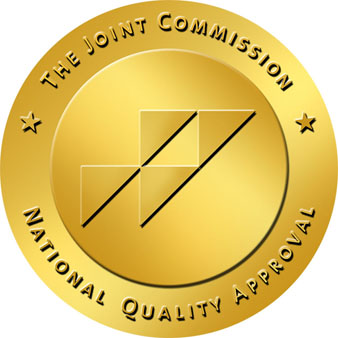Embarking on the journey to recovery from drug addiction is a profound step towards reclaiming control over one’s life and health. A critical initial phase in this journey is drug detoxification, a medically supervised process designed to safely cleanse the body of toxic substances. This blog aims to demystify the detoxification process, offering insights and understanding to individuals considering taking this pivotal step toward recovery.
Understanding Drug Detoxification
Drug detoxification, commonly referred to as detox, is the process by which the body is allowed to rid itself of the drugs in it. The purpose of detox is to safely manage withdrawal symptoms when someone stops taking drugs or alcohol. Everyone’s detox needs are different. The type of drug and the duration of use affect what detox will be like.
Why is Detoxification Necessary?
Prolonged drug use not only leads to physical dependency but also imbalances the body’s natural chemistry. When the substance is suddenly removed, the body can react harshly, leading to withdrawal symptoms that can be uncomfortable, painful, or even life-threatening. Detoxification is the first step in addressing these challenges, providing a safe environment for withdrawal and paving the way for comprehensive addiction treatment.
The Detox Process
Detox typically involves three key components:
1. Evaluation: Upon entering a detox program, patients undergo a comprehensive evaluation to assess their physical and mental health, substance use history, and the presence of co-occurring disorders. This information is crucial in developing an individualized detox plan.
2. Stabilization: The core of the detox process, stabilization, involves guiding the patient through the withdrawal process towards achieving a substance-free state. This phase may involve the use of medications to ease withdrawal symptoms and ensure patient safety.
3. Preparation for Further Treatment: Detox is only the initial step in addiction recovery. Preparing patients for further treatment, whether it be inpatient or outpatient, is crucial to address the psychological, social, and behavioral aspects of addiction.
Types of Detox Programs
Detox programs can vary in setting and intensity, including:
– Inpatient Detox: Patients stay at a hospital or rehab center, receiving 24-hour medical care. This is often recommended for those with severe addiction or co-occurring mental health disorders.
– Outpatient Detox: Patients live at home but visit a healthcare provider regularly for detox services. This may be suitable for individuals with mild to moderate withdrawal symptoms.
Withdrawal Symptoms Management
Withdrawal symptoms can range from mild anxiety and fatigue to severe symptoms such as seizures and hallucinations. A medically supervised detox program can provide medications and therapies to manage these symptoms, reducing discomfort and preventing complications.
The Role of Medication
In some cases, medication is used to ease withdrawal symptoms and treat underlying mental health conditions. Medications such as methadone, buprenorphine, and naltrexone might be used to manage opioid addiction, while other medications can help with alcohol and benzodiazepine detox.
The Importance of Comprehensive Care
While detoxification is a crucial step, it is only the beginning of the recovery journey. Comprehensive care, including therapy, counseling, and support groups, is essential to address the root causes of addiction and promote long-term recovery.
Drug detoxification is the first, vital step towards recovery, offering a beacon of hope for individuals struggling with addiction. By understanding the detox process and its importance in the larger context of addiction treatment, individuals and their families can approach this challenging yet transformative journey with confidence and informed expectations.
If you or a loved one is considering detoxification, reach out to one of our Conquer Recovery Center specialists to discuss your options and take the first step towards a healthier, drug-free life. Remember, the journey to recovery begins with a single, courageous step.




